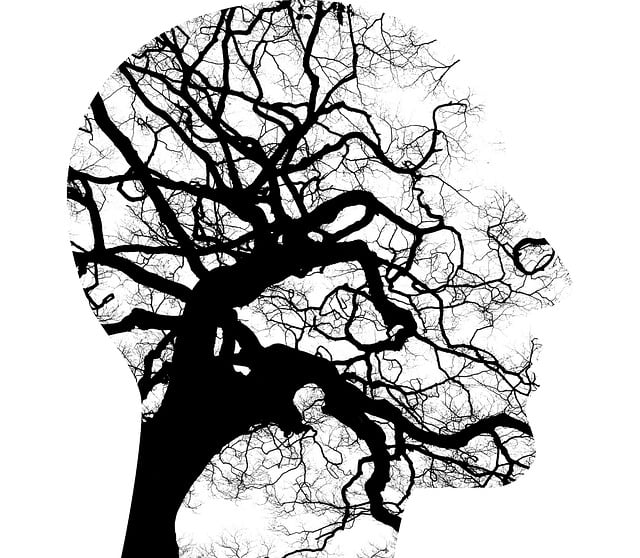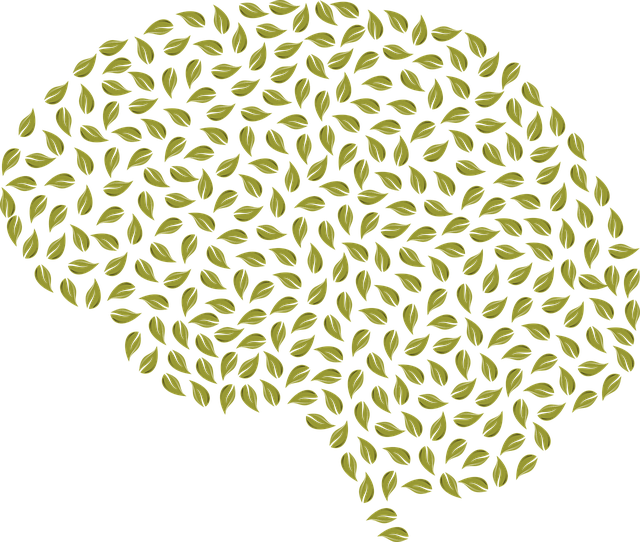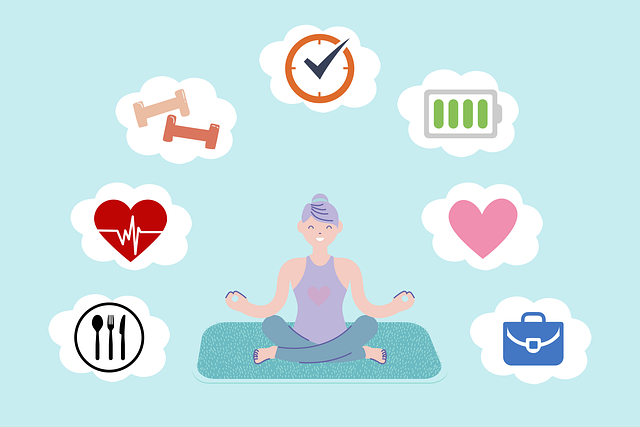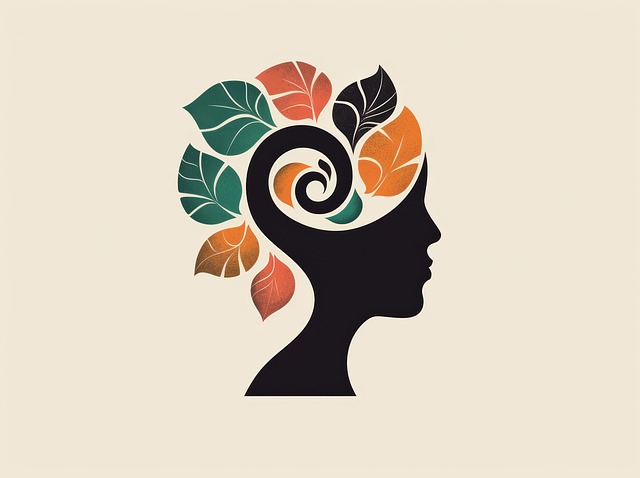TL;DR:
Stress among elderly individuals is a significant concern, exacerbated by age-related challenges. Caregivers must recognize unique stress signs in elders, such as anxiety and sleep disturbances, to prevent physical and mental health deterioration. Effective therapy, including cognitive-behavioural therapy (CBT) and mindfulness interventions, plays a vital role in managing stress. Elderly-specific wellness coaching programs further support burnout prevention and improved quality of life. Through tailored techniques like mindfulness and relaxation exercises, elders can develop emotional resilience and navigate stressful situations, enhancing their overall well-being.
Stress management techniques are essential for maintaining well-being, especially among elders. This article explores the critical aspects of recognizing stress and its profound impact on older adults. We delve into effective therapy approaches tailored for their unique needs, offering practical tools and techniques to empower them in managing stress effectively. By understanding and implementing these strategies, we can enhance the quality of life for elders, promoting mental resilience and overall health. Key focus areas include therapeutic interventions and accessible methods for stress reduction.
- Recognizing Stress and Its Impact on Elders
- Effective Therapy Approaches for Stress Management in Older Adults
- Practical Tools and Techniques to Empower Elders in Managing Stress
Recognizing Stress and Its Impact on Elders

Recognizing stress in elders is a crucial step in promoting their overall well-being. As people age, they often face unique challenges that can contribute to elevated stress levels. These might include health concerns, financial pressures, or adjustments to lifestyle changes. The impact of prolonged stress on the elderly population cannot be overlooked; it can lead to physical and mental health issues, affecting their quality of life.
Elders may exhibit different signs of stress compared to younger individuals. It’s essential for caregivers and family members to be observant and educated about these indicators. Common symptoms include anxiety, depression, changes in sleep patterns, and a decline in overall productivity. By implementing effective stress management techniques through therapy tailored for elders, building resilience becomes achievable. Public Awareness Campaigns Development and Mental Health Education Programs Design can play a significant role in teaching older adults and their support systems about recognizing and managing stress, thereby fostering better mental health outcomes.
Effective Therapy Approaches for Stress Management in Older Adults

Effective therapy approaches play a pivotal role in managing stress among older adults, addressing unique challenges they face in their later years. Techniques such as cognitive-behavioural therapy (CBT) have proven to be highly beneficial, empowering seniors to challenge negative thought patterns and develop healthier coping mechanisms. CBT helps individuals identify and change unhelpful behaviours and thoughts, thereby reducing stress levels and improving overall mental wellness.
Additionally, mindfulness-based interventions are gaining popularity for their ability to enhance mental wellness in the elderly. These practices encourage individuals to focus on the present moment, fostering a sense of calm and reducing anxiety. With the rise in mental wellness coaching programs designed specifically for older adults, there’s a growing emphasis on burnout prevention strategies not just for healthcare providers but also for seniors themselves, ensuring they maintain a balanced and stress-free lifestyle.
Practical Tools and Techniques to Empower Elders in Managing Stress

Managing stress is a vital skill for elders to cultivate, offering a range of practical tools and techniques to enhance their overall well-being. Therapy for elders can be a powerful approach to stress management, providing a safe space to explore and address underlying causes of stress. Techniques such as mindfulness meditation, deep breathing exercises, and progressive muscle relaxation are accessible and effective ways to help seniors calm their minds and bodies. These practices promote a sense of grounding and self-awareness, enabling individuals to respond rather than react to stressful situations.
Incorporating empathy building strategies into stress management routines can also be transformative for elders. Encouraging open communication and fostering supportive relationships allow them to share their concerns and gain perspective. Activities like journaling or engaging in creative pursuits can serve as valuable outlets for expression, contributing to improved self-esteem and emotional resilience. By combining practical tools with empathetic support, elders can develop robust stress management skills tailored to their unique needs.










